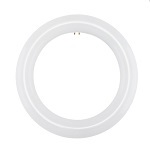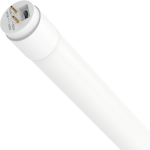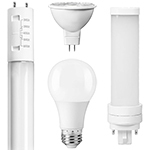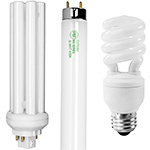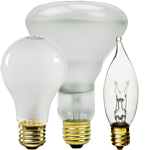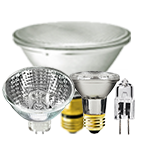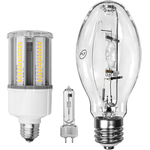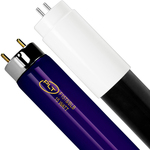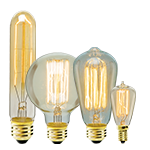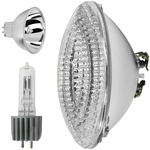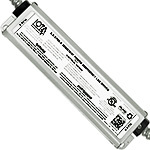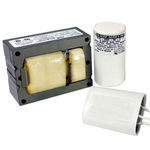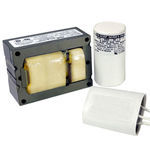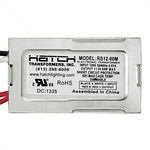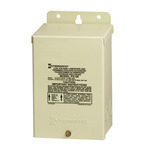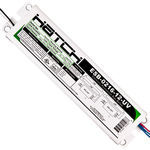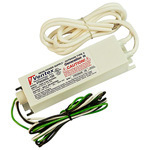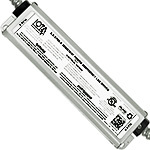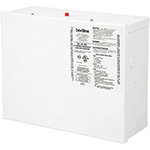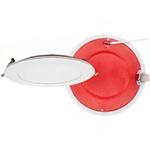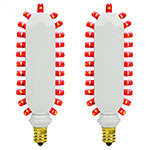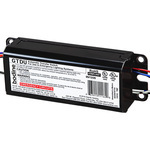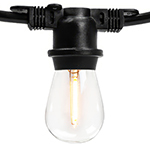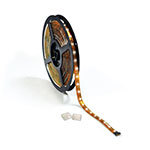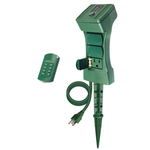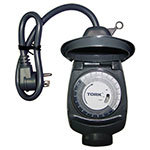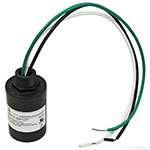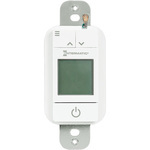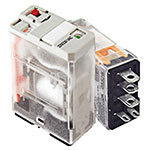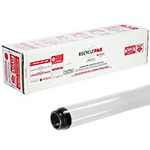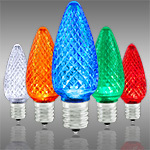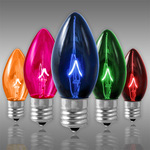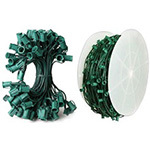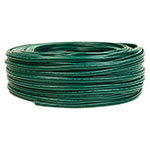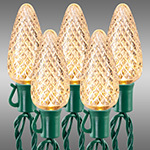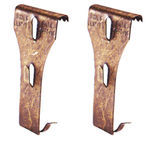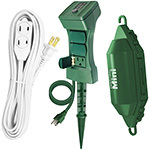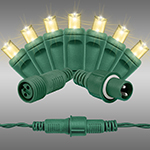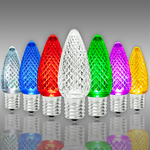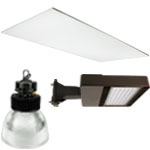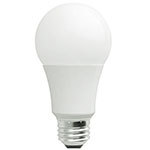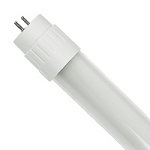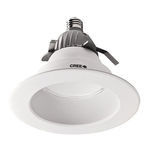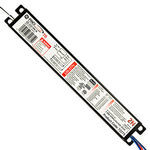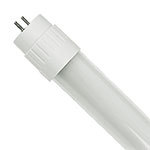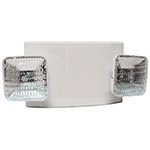LED Dimmer Switches
Why You Need an LED Dimmer Switch
It is possible for a dimmable LED to work with a conventional dimmer; it depends on the LED product and dimmer switch. If you've recently installed dimmable LED bulbs, but the bulbs are flickering, buzzing, humming, or not dimming as expected, the problem may be your dimmer switch and not the LED bulbs. In these cases, chances are the new bulbs are not compatible with a dimmer designed for only incandescent, halogen, or fluorescent bulbs. It's similar to trying to control your smart lights with a rotary phone. The control device needs to catch up to the change in technology. Each of our LED light bulbs and fixtures has a Dimmer Compatibility PDF hyperlinked under Brochures and Spec Sheets. Use this list or give us a call for best results when adding dimming to your home or business.
Types of LED Dimmer Switches
- Single Pole: Replaces single pole light switches, or applications where only one switch controls the light. This type of dimmer for LED lights may have a single slide bar or rotary dial along with an on/off paddle or push button.
- 3-Way Dimmer: Replaces one 3-way switch for places like stairwells or hallways where you have two or more switches controlling one set of lights. A 3-way dimmer is only setup to have one dimmer controlling the light levels with standard on/off switches used in the other locations. The companion switches turn the lights off or on to the light level set by the LED dimmer. These dimmers feature a slide switch for dimming control and rocker or paddle switch for on/off control.
- Multiple Location: These LED dimmer switches allow you to adjust the light level from multiple locations or devices. Unlike 3-way dimmers which can only be paired with on/off switches, multiple location dimmers can be paired with other compatible dimmers. In some cases, these can be used with smart bridge devices or synced with Bluetooth for remote control of the lights.
- 0-10 Volt Dimmers: These switches apply a direct current (DC) voltage between 0-10 Volts to adjust the light level of the bulb or fixture. When applying 10 Volts, the light is at 100% output. At 0 Volts, the light may turn off or it may remain at the lowest possible setting; it depends on the light bulb or fixture.
- Table Lamp Dimmers: Despite the name, these aren't just for table lamps. They can also be used for floor lamps or other dimmable decorative displays where the dimmable lamp plugs directly into the wall. Installation is as easy as unplugging the lamp, plugging it in to the stackable plug on the slide dimmer, and then plugging everything back into the wall. The lights are then controlled with the attached slide control.
Wall Plates and Accessories
Pair your new LED dimmer switch with a matching wall plate. Since colors can vary slightly between manufacturers, we recommend using the same brand wall plate as the dimmer.
A Dimmer for LED Lights is Only Half the Equation
Even though you can sometimes pair LED light bulbs with an older technology dimming switch, you do need dimmable LED bulbs. Using LED light bulbs that aren't designed to dim can cause flickering, noise from the bulb or fixture, and even cause the light to glow even when turned off. Even if you find that a LED bulb dims when put on a dimmer, if the bulb was not designed for dimming, you can shorten the life of the bulb and end up spending more on replacements than you would buying a dimmable bulb instead.
Need help making sure you're buying a compatible dimmer with your bulbs? Give our lighting experts a call at 1-855-385-3641.

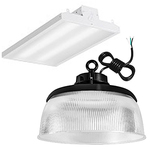
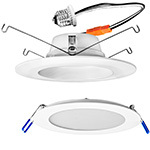
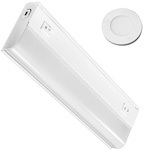
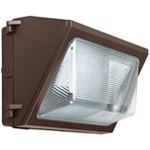
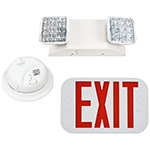
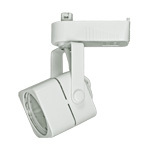
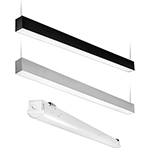
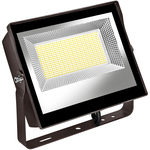
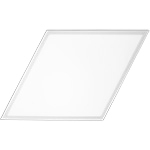
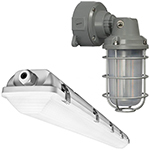
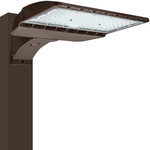
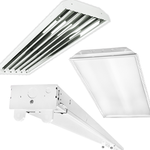

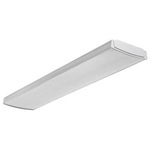
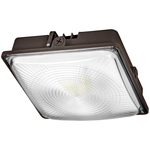
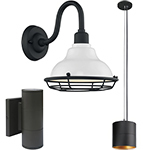
.jpg)
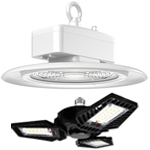

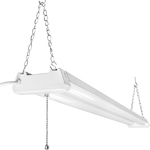

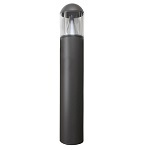
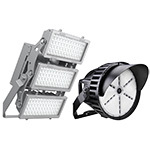
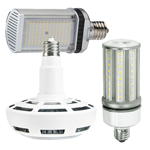
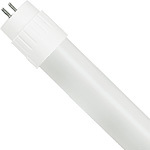

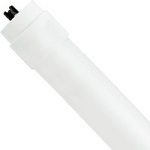





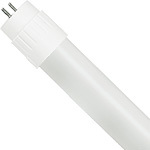
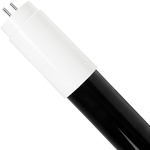
.jpg)
